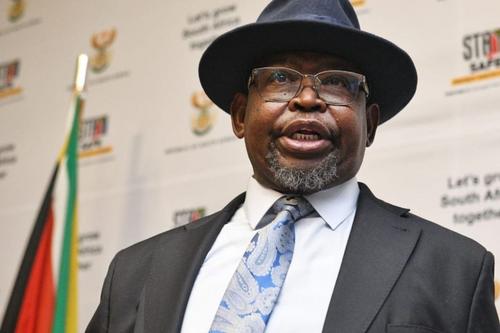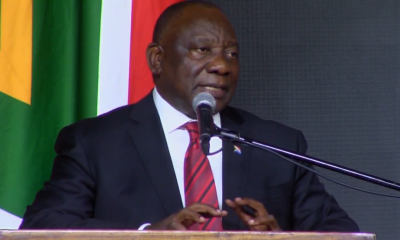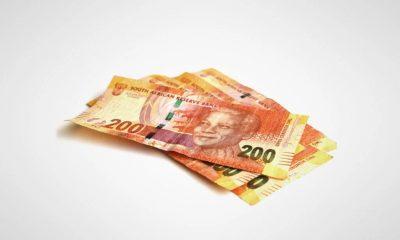Business
VAT Reversal Leaves R75bn Hole in Budget, Puts Public Services at Risk

The South African government’s decision to walk back a planned VAT increase has left a gaping R75 billion hole in the national budget—one that economists warn could have serious consequences for essential services and long-term development goals.
Finance Minister Enoch Godongwana confirmed this week that the proposed 0.5 percentage point hike in Value Added Tax, which would have lifted VAT from 15% to 15.5%, has been officially scrapped. The reversal comes after widespread public outcry and legal pressure from political parties.
While the move may bring short-term relief for consumers, it also sets off alarm bells for economists and public finance analysts.
“It’s not necessarily a win,” said Johann Els, chief economist at Old Mutual. “R75 billion needs to be made up in some other way—likely through cuts to services like healthcare and education, or other revenue tweaks that could impact consumers differently.”
Tough Trade-Offs Ahead
The VAT reversal means the government must now find alternative ways to balance the books. National Treasury has already indicated that previously planned social support measures to cushion low-income households will be rolled back. Other expenditure decisions are also being re-evaluated.
Among the options on the table: increasing the petrol levy, reversing some recent additions to the VAT-exempt goods basket, and introducing broader cuts to state spending.
Casey Sprake, economist at Anchor Capital, warned the U-turn would introduce “a range of fiscal and economic challenges.”
“This is welcome news for consumers, but it worsens South Africa’s fiscal position. The social protections meant to soften the blow of the VAT hike are now redundant—and public services are likely to suffer.”
Businesses Also Caught in the Crossfire
It’s not just government departments bracing for impact. Many businesses had already begun adjusting pricing systems, financial models, and communication strategies in anticipation of the VAT increase. Now, they must reverse course, creating added operational costs.
“These disruptions mean lost productivity, compliance headaches, and new costs for the private sector,” said Sprake.
The South African Chamber of Commerce and Industry echoed those concerns, stating that not enough effort has been made to properly audit government expenditure before resorting to tax hikes.
Policy Uncertainty Adds to Economic Risk
Economists agree that the drama surrounding the VAT increase—proposed, reversed, and debated in court—has only added to the sense of policy uncertainty weighing on investor confidence and economic growth.
“This whole episode underscores a recurring issue,” said Sprake. “There’s an economic cost to reactive, uncertain policymaking—and it’s one South Africa can no longer afford.”
The VAT decision was likely influenced by a court case launched by the Democratic Alliance and Economic Freedom Fighters—two unlikely allies—who argued that the tax hike would disproportionately harm the poor. With the legal challenge underway, Treasury opted to fold before a ruling could be issued.
The VAT retreat may have provided temporary political cover, but it has also made the difficult decisions ahead even harder. As inflation remains low—2.7% in March, continuing a downward trend—the pressure is now on government to explain how it plans to replace lost revenue without stalling public service delivery.
With South Africa’s budget under pressure and its economy growing at just 1%, the road ahead will likely be defined by difficult trade-offs—and a growing chorus demanding smarter fiscal management.
{Source: IOL}
Follow Joburg ETC on Facebook, Twitter , TikTok and Instagram
For more News in Johannesburg, visit joburgetc.com



























